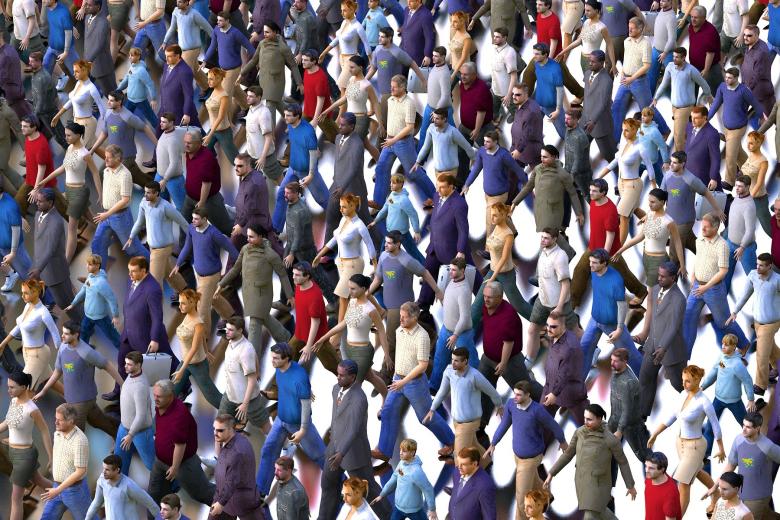Since the educational spaces in our faculty have all been named, we would like to tell about the background of the elected jurists and cases. Through a series of blogs we want to make the names come to life and show that our building houses a legal faculty. After all, not everyone knows all the ins and outs of these persons and cases. What makes them so special? Several colleagues will talk about these individuals and cases in the coming months. In this second edition you can read all about Montesquieu.
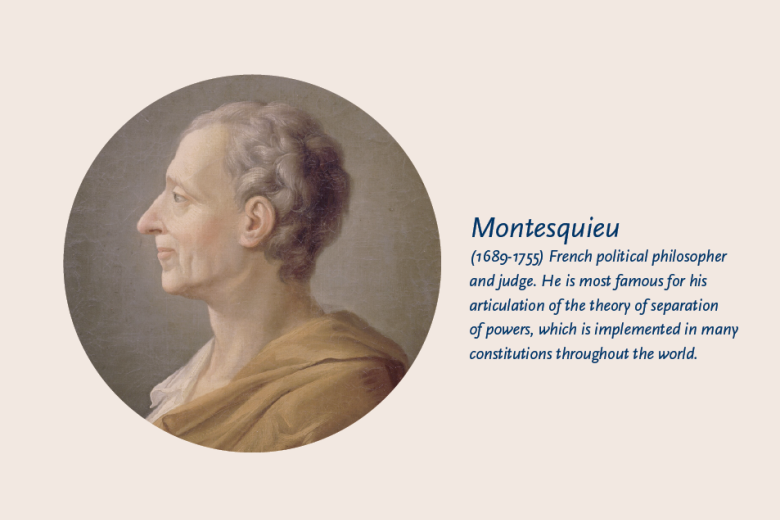
The US Shop Safe Bill: protecting consumers but not brand owners
- Law
The rise of e-commerce has resulted in a sharp increase of counterfeit products in the market. The new US Shop Safe Bill introduces liability for online marketplaces, but only in case of counterfeit products that are risky for consumers, which makes this bill a preventive health measure for consumers rather than conferring protection for brand owners.
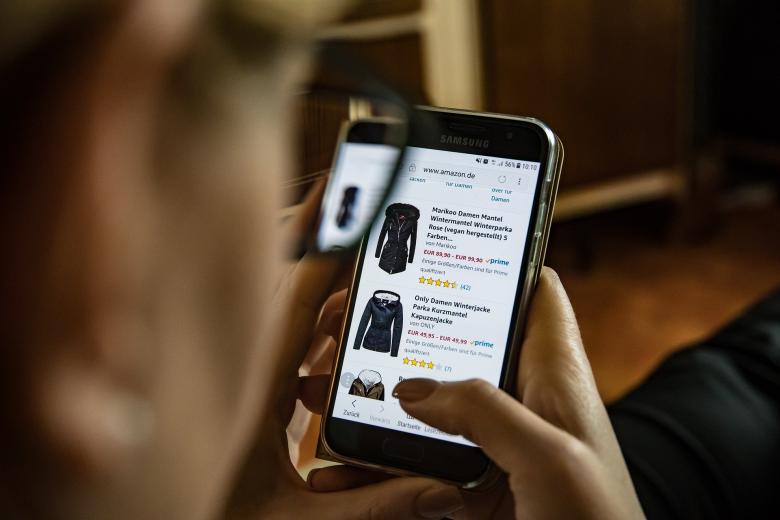
Coming back to the workplace in pandemic times
- General
- Corona
In the current phase of the COVID-19 pandemic, countries across Europe are fortunately seeing a decrease in detected infections, hospital admissions and deaths. This is the effect of lockdown policies with different elements but with the common denominator of social distancing, travel restrictions and a work-from-home policy for most sectors. Also in the Netherlands, this has been the general policy of the ‘intelligent lockdown’.
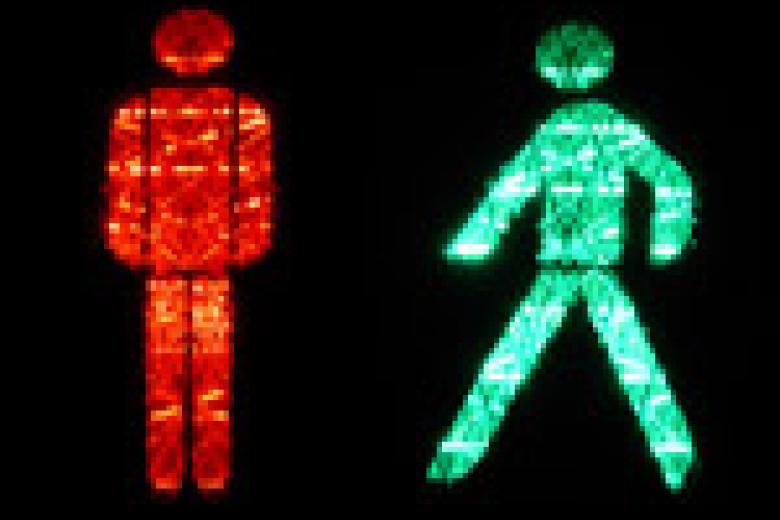
Choreography of sound and fury: The federal constitutional court’s recent PSPP judgment
- Law
The recent verdict (“the PSPP judgment”) of the German Federal Constitutional Court (“FCC”) on the compatibility of the Public Sector Purchase Programme (“the Programme”) under the management of the European Central Bank (“ECB”) has attracted plenty of commentary, much of it critical concerning the reasoning of the judgment. The following contribution shall attempt to contextualize the PSPP judgment in the framework of the FCC’s historical jurisprudence and seek to gain an initial understanding whether the judgment does indeed represent a threat to the legal order of the European Union (“EU”).
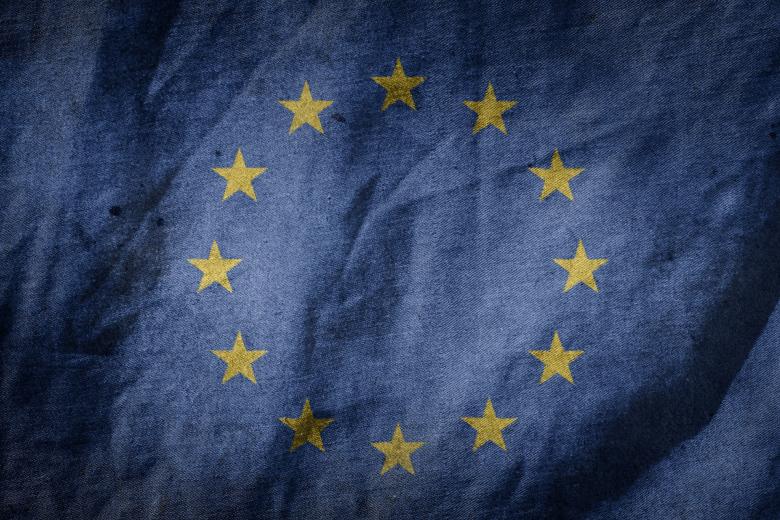
The regulation of social media influencers
- Law
Social media influencers have become increasingly pervasive in the past years. Influencers (also often called content creators) are individuals with a large following on social media who create content which filters information, advertises products and services, offers advice, and promotes political opinions with a significant impact on a broad audience. Nevertheless, their actions remain underexplored in academic literature.
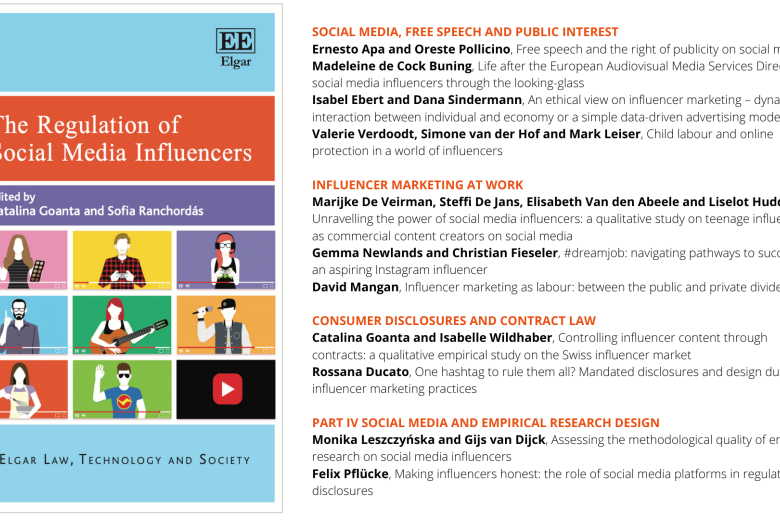
How simple measures can have massive effects
- General
- Corona
With every month, every week that passes, we’re seeing the publication of more and more medical data and studies on COVID-19. A friend of mine who is the editor of a very reputable international medical journal told me recently that they get more than 100 submissions per day that involve research on the new coronavirus. The massive overflow of these reports into the regular media can leave you dizzy. While there is apparent progress (we’ve seen the good news that a potential vaccine seems to have the desired effects), it is clear that an effective therapy for COVID-19 is months, possibly years, away.

The York-Maastricht strategic partnership - a data science update
- General
Wednesday, March, 18 was supposed to be the kick-off day for the York-Maastricht partnership announced earlier in the year. Set around five different themes (agrifood, nutrition and health, Europe, global South, imaging and data science), the partnership was supposed to bring together, for the first time, research and education experts from the University of York and Maastricht University (particularly the Institute of Data Science and Maastricht Working on Europe), in an attempt to establish joint research projects, teaching collaborations, knowledge exchange, student and staff exchange and sharing of best practices around university activities.
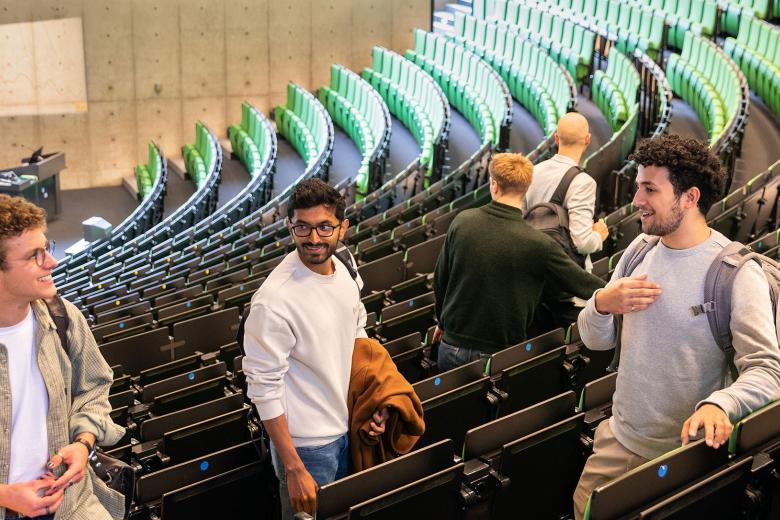
16 July: the most important date of the year (for privacy people, that is…)
- Law
On Thursday, the Court of Justice of the European Union (CJEU) published a long-awaited tweet: Case C-311/18 #Facebook Ireland & #Schrems – Judgment to be delivered on 16th July 2020. This means that the Court in Luxembourg on 16 July will deliver its verdict in one of the most anticipated cases on privacy and data protection for years. The key question if the international flows of personal data can continue as we have come to do in recent years, or if major changes to the system are required. And that in turn may have an impact on many companies around the world.

Why do Dutch entrepreneurs just across the border not receive corona benefits?
- Corona
- Arts and Social Sciences
- Business and Economics
- Law
During the corona crisis, national measures in the three countries on the Limburg borders are not coordinated equally well. As a result, there is currently a situation in the border region where certain border entrepreneurs fall between the cracks, such as in the Dutch newspaper NRC on April 2nd ("Emergency support for entrepreneurs? Not for these 'border cases") and recently on April 24th in the Limburger and WijLimburg ("It seems as if the border entrepreneur stinks of rotten fish"): a Belgian resident with a year-old fish shop in the Netherlands, who now misses out on support facilities. Given the complexity of the measures, some nuance is needed. Some measures have already been fine-tuned, others have not yet been fine-tuned and that is why The Netherlands in particular needs to take action. Moreover, the lack of regulation for cross-border entrepreneurs is not in line with the strategy of a cross-border economy.
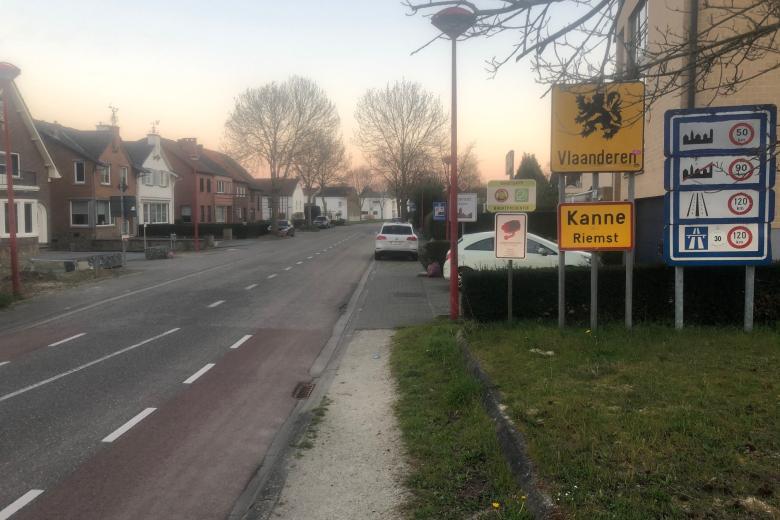
Human rights, disabled people and Inclusive citizenship: planning for and beyond the corona virus and other emergency situations
- Corona
- Law
The Corona Virus crisis has led many people to reflect on aspects of citizenship and civil rights, ranging from personal privacy in the context of “corona apps” to the right to receive health care and medical treatment without discrimination. This blog examines two elements of citizenship which, in the context of the current crisis, are important for disabled people: access to public information and access to justice.
